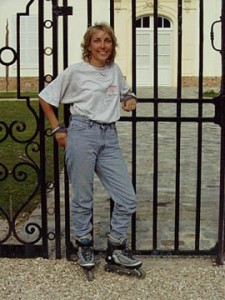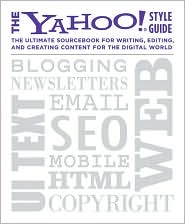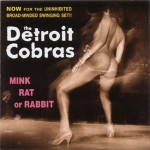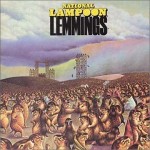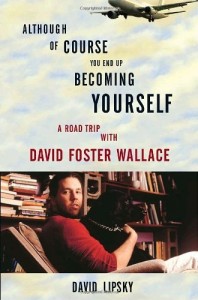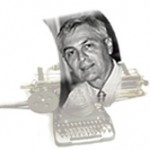 Books have trailers now, too, have you heard? It’s a thing I may want to be wrangling with, soon, so I’ve done some research. Turns out there’s a much broader variety of approaches than what we’ve come to expect in film trailers. (Which makes sense probably.) More than two voiceover artists are used, for starters.
Books have trailers now, too, have you heard? It’s a thing I may want to be wrangling with, soon, so I’ve done some research. Turns out there’s a much broader variety of approaches than what we’ve come to expect in film trailers. (Which makes sense probably.) More than two voiceover artists are used, for starters.
If by “favorite” I mean “the one that most made me want to buy and read a book I hadn’t previously been much interested in buying and reading,” here’s my favorite:
Yes, that’s Pynchon’s voice. You have, like with so many great books, to wait until the very end to get to the best part.
Yours truly = open to ideas for a trailer on a book that uses taxidermy to get at human-animal relationships. Yours truly = even more open to any video-production expertise thhat could be shared.
